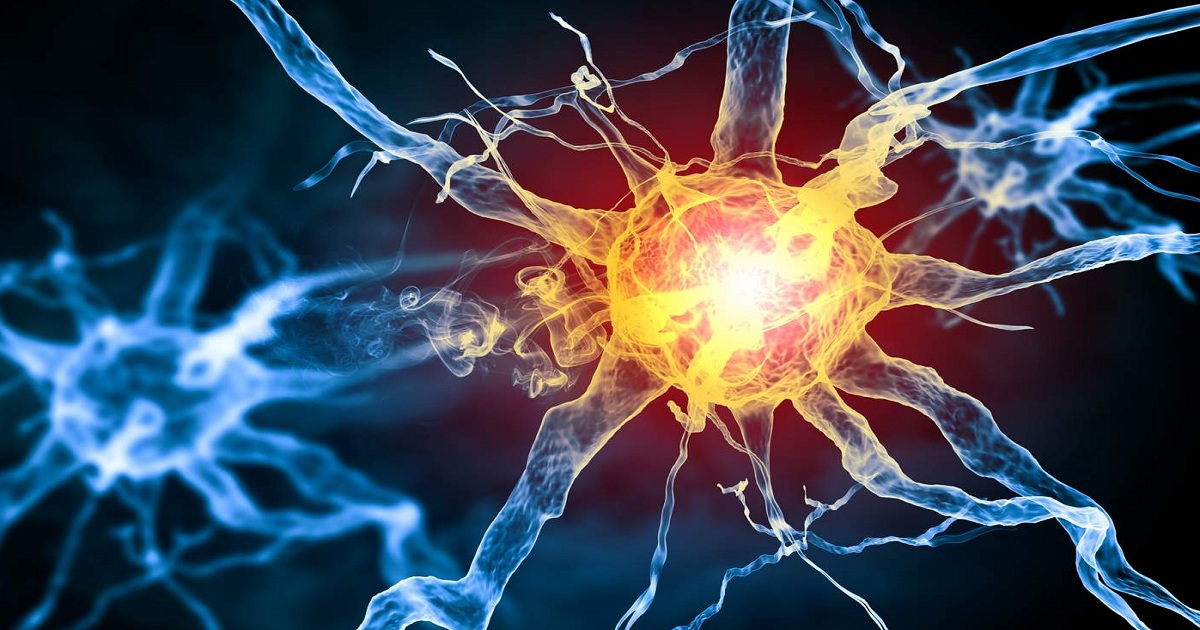Neurocrine slumps as Tourette’s drug fails clinical trial
Pharmaphorum Media Limited | December 13, 2018

Shares in Neurocrine Biosciences slumped by as much as a fifth after a much-anticipated trial in Tourette’s syndrome missed the mark. The phase IIb T-Force GOLD study of valbenazine showed that the VMAT2 inhibitor – already sold under the trade name Ingrezza for tardive dyskinesia (TD) – was unable to meet the primary endpoint of reducing facial tic severity in young people with moderate to severe forms of the disease.
Tourette’s is a neurological condition that causes a person to make involuntary sounds and tics, such as grimacing and head jerks, which usually starts during childhood – typically around six years of age. It can occur alongside other conditions such as obsessive-compulsive disorder (OCD), attention deficit hyperactivity disorder (ADHD) or learning difficulties.
Neurocrine’s chief executive Kevin Gorman said on a conference call that the outcome was “very disappointing”, particularly in light of earlier trials that gave a good efficacy signal in Tourette’s syndrome. “At the end of the day…when you have a trial that was as well-designed and conducted like this one, and the data hangs together really well, you just must accept the data readout that you have,” said Gorman. There’s still a lot more data to go through, he added, but in overall “the drug just did not show a large effect on the primary endpoint.”